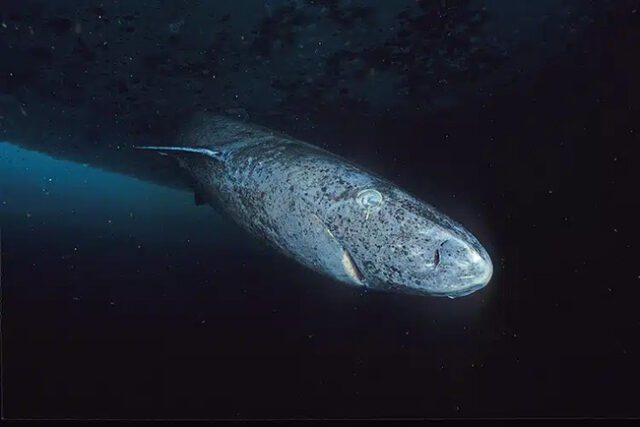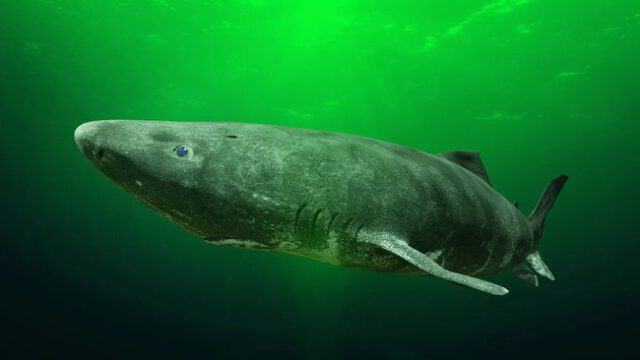
The Greenland shark (Somniosus microcephalus) has captured scientists’ fascination due to its extraordinary longevity, with some individuals living for up to 500 years. As the longest-living vertebrate known to science, these sharks offer a unique window into understanding the biological mechanisms that control aging. Their ability to thrive in the harsh, frigid waters of the Arctic, coupled with their slow metabolism, may hold the key to their extended lifespans. Researchers have discovered that the metabolism of these sharks remains stable, without the typical age-related decline seen in humans, suggesting that the Greenland shark may possess mechanisms that prevent the usual markers of aging. By studying these sharks, scientists hope to unlock new insights into how we might extend the human lifespan or improve the quality of life as we age.

In addition to their remarkable lifespans, Greenland sharks exhibit other fascinating biological traits that make them a subject of intense study. Their slow growth rate and late sexual maturity, with reproduction only beginning around the age of 150, are likely adaptations to the challenging environment of the deep Arctic waters. These sharks have low natural mortality rates, and their life strategy seems to be centered on slow, steady growth and energy conservation, which may contribute to their longevity. Biologist Ewan Camplisson suggests that understanding the resilience of Greenland sharks to age-related diseases, such as cardiac issues, could provide valuable insights into improving human health. By uncovering the secrets of the Greenland shark’s long life, scientists hope to find ways to combat the aging process and enhance the quality of life for humans, especially as we face the challenges of an aging population.














